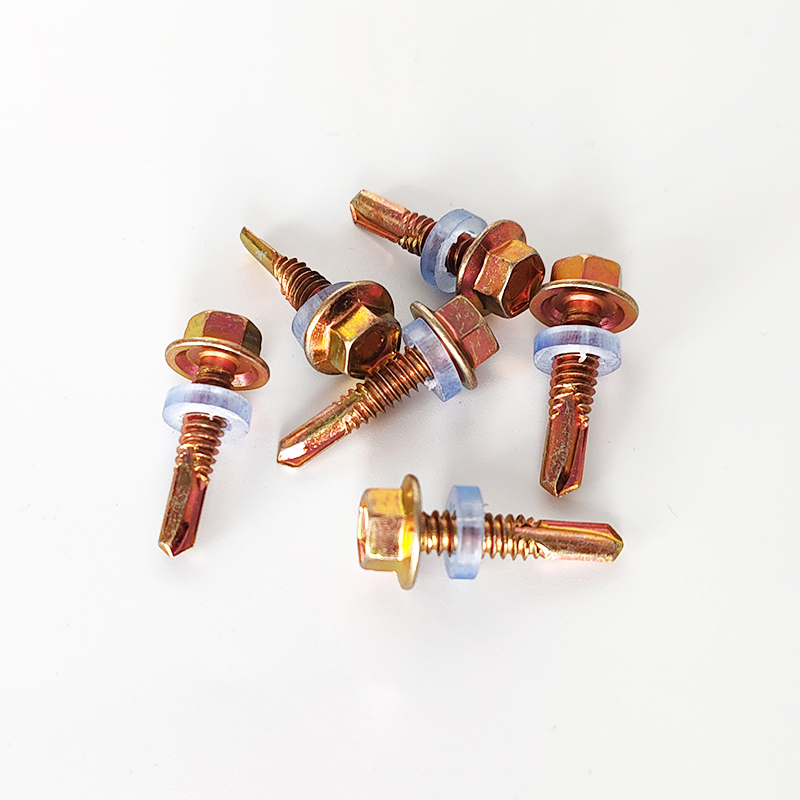epoxy resin anchor bolts
Epoxy Resin Anchor Bolts Enhancing Strength and Durability in Construction
In the world of construction and engineering, the strength and reliability of anchoring systems play a pivotal role in the safety and longevity of structures. Among the various types of anchoring solutions, epoxy resin anchor bolts have gained significant popularity due to their exceptional performance and versatility. This article will explore the characteristics, applications, and benefits of epoxy resin anchor bolts in modern construction.
What are Epoxy Resin Anchor Bolts?
Epoxy resin anchor bolts are specialized fastening devices that employ epoxy resin as an adhesive to bond the bolts securely to a variety of substrates, such as concrete or masonry. The epoxy resin is a two-component system, consisting of a resin and a hardener, which when mixed together, creates a strong and durable bond. This method is particularly advantageous in applications where traditional mechanical anchors may not provide adequate holding capacity or where the base material is compromised.
Characteristics and Properties
One of the key characteristics of epoxy resin anchor bolts is their high compressive and tensile strength, which allows them to withstand heavy loads and extreme environmental conditions. Additionally, they are resistant to moisture, chemicals, and temperature fluctuations, making them ideal for diverse applications, from indoor locations to harsh outdoor environments.
Another notable feature is their ability to cure at different temperatures, which means they can be used in a variety of settings, including colder climates where other adhesives might fail to set properly. The epoxy resin also fills gaps and voids in the substrate, ensuring a tighter fit and enhancing load distribution.
Applications in Construction
epoxy resin anchor bolts

Epoxy resin anchor bolts are widely used in various construction applications. They are commonly employed in structural connections, such as securing steel beams to concrete foundations, anchoring fences, and attaching heavy machinery or equipment to floors. Additionally, these anchors are essential in seismic retrofitting projects, where enhanced strength and stability are required to withstand seismic forces.
Furthermore, epoxy resin anchor bolts are also utilized in civil engineering projects, such as bridges and high-rise buildings, where structural integrity must be assured. Their ability to bond effectively with different materials has led to their adoption in both new constructions and repair applications.
Benefits of Using Epoxy Resin Anchor Bolts
The benefits of using epoxy resin anchor bolts are manifold. Firstly, they provide superior holding power compared to traditional anchors, reducing the risk of pull-out failures. This is particularly advantageous in applications subject to dynamic loads or vibrations, where conventional anchors may loosen over time.
Secondly, the installation process is relatively straightforward. The epoxy can be injected into drilled holes, and the bolts can be inserted before the resin cures. This eliminated the need for intricate installation procedures often associated with mechanical anchors.
Lastly, the use of epoxy resin ensures a long-lasting solution. When properly installed and cured, these anchor bolts exhibit high resistance to corrosion and deterioration, resulting in reduced maintenance costs and extended service life.
Conclusion
In summary, epoxy resin anchor bolts represent a critical advancement in construction fastening technology. Their strength, versatility, and resilience make them an ideal choice for a wide range of applications. For engineers and builders looking to enhance the durability and reliability of their structures, epoxy resin anchor bolts undoubtedly present an excellent solution to meet the demands of modern construction. As the industry continues to evolve, the role of such innovative fastening solutions will only grow, ensuring safer and stronger infrastructures for the future.
-
Weatherproof Plastic Expansion Anchors for OutdoorNewsJun.06,2025
-
Sustainability in the Supply Chain: Eco-Friendly TEK Screws ProductionNewsJun.06,2025
-
Load-Bearing Capacity of External Insulation FixingsNewsJun.06,2025
-
Double Head Bolts: Enhancing Efficiency in Industrial MachineryNewsJun.06,2025
-
Corrosion Resistance in Chipboard Screws: Coatings for Wholesale DurabilityNewsJun.06,2025
-
Butterfly Toggle Bolts : Enhancing Structural ResilienceNewsJun.06,2025
